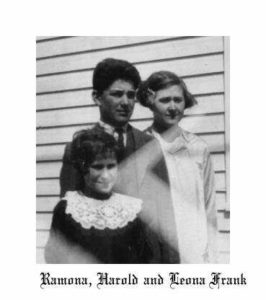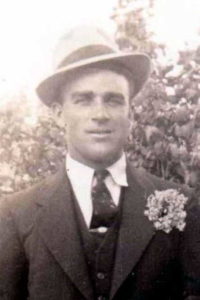![Zoom in on Front Standard. Yankee Doodle Dandy [Blu-ray] [1942].](https://pisces.bbystatic.com/image2/BestBuy_US/images/products/2587/25879531_sa.jpg)
We had our first celebration party Saturday night. No masks, no social distancing. Lots of good b-b-q’d food–burgers, brats, ribs. Add all the other picnic food, and we stuffed ourselves. Later, our house was surrounded by individual fireworks. One time, I wondered if flames licked our roof. All turned out fine.
Yesterday, we had a later start to our 2nd celebration and had to travel for it. I started watching Yankee Doodle Dandy in the morning, and again for the nearly twentieth time wasn’t disappointed. The black and white screen didn’t disappoint either because the music and acting related brought color of its own type and emphasized family, patriotism, a united country. All of which we can be proud. Like other generations who bounced back after our county’s crises, we are bouncing back from Covid–I hope for a long time now. On our way home, the sky was lit up with all sorts of colored lights–north, east, west anyway–we saw colorful expressions of “Let freedom ring,” celebrating our county’s freedom.
It seems like most of the nation is hot and dry or enduring storms of one type or another. We have lots to be sad and worry about, lots to be thankful for–and we are free, to a certain extent, to say what we want, do what we want, and explore, which is what I’ve been doing again for my upcoming book–Where Two Rivers Meet.
It all started with the comment my sister made about giants rumored to have been found back in the 1800s. “Giants,” I asked. She plagued about my memory again because I had never heard the tales….”Out near Clearwater Lake,” she said, trying to ‘shiver me timber’ memories. So I did an Internet search. Little else is known, and not much media was given any coverage, BUT:
“In the “Pioneer Press” of June 29, 1888, is an account of the discovery, twelve miles from Clearwater, N. E. 1/4, sec. 21, T. 121-27, by Charles W. Pinkerton, of the town of Corinna, of the remains of seven persons said to have been from seven to eight feet high.” Franklyn Curtiss-Wedge, History of Wright County, Minnesota, 1888.
We both started researching and took a few trips out to dig up graves where we knew they were supposed to be found–south of Clearwater. Our freedoms didn’t allow us to go on private properties. Following what we thought were the right coordinates, we drove on paved and dry roads with dust spraying the back of my SUV. Because so much has been developed, the area, Clearwater Lake, gave up no hints as to where we should look. When we got home the last time, we re-checked the coordinates and realized we were off a couple of sections.
I have to be honest, I’ve been known to travel on trails that aren’t posted private property (to my sister’s embarrassment and fear). But without a little brave/stupid hankering for answers, I would not have been able to write my first book, Steppes to Neu-Odessa, which is a biographical dictionary of Odessa Township, Yankton County, SD, and where the first German-Russians settled in the US–including mine). I don’t worry too much about not having an invitation, but I definitely won’t go where there is a warning, and I am not wanted. But if anyone gets a hankering or an invitation, let us know. We might follow along. I might also want to see the many, MANY, native mounds that surround a number of the lakes in this vicinity and the Clearwater River. Otherwise, I have the freedom to imagine what I want for the next book.
Hope you are still enjoying your Independence Day weekend on this Federal holiday. HOT! yes, but so much to do and find and explore.
ANYONE FOLLOWING ME?
On the road again,
Cindy

